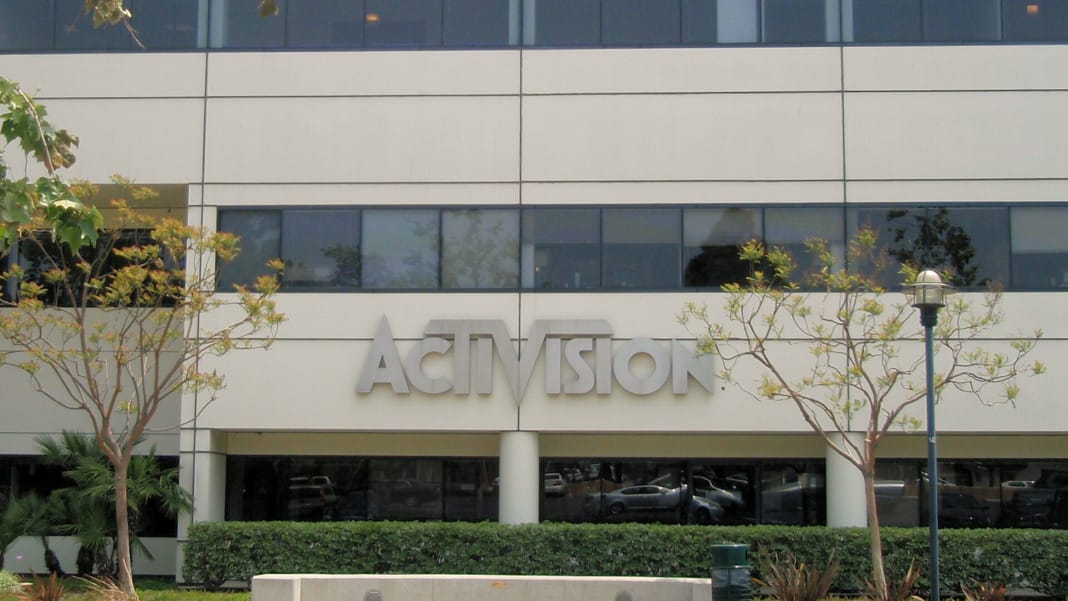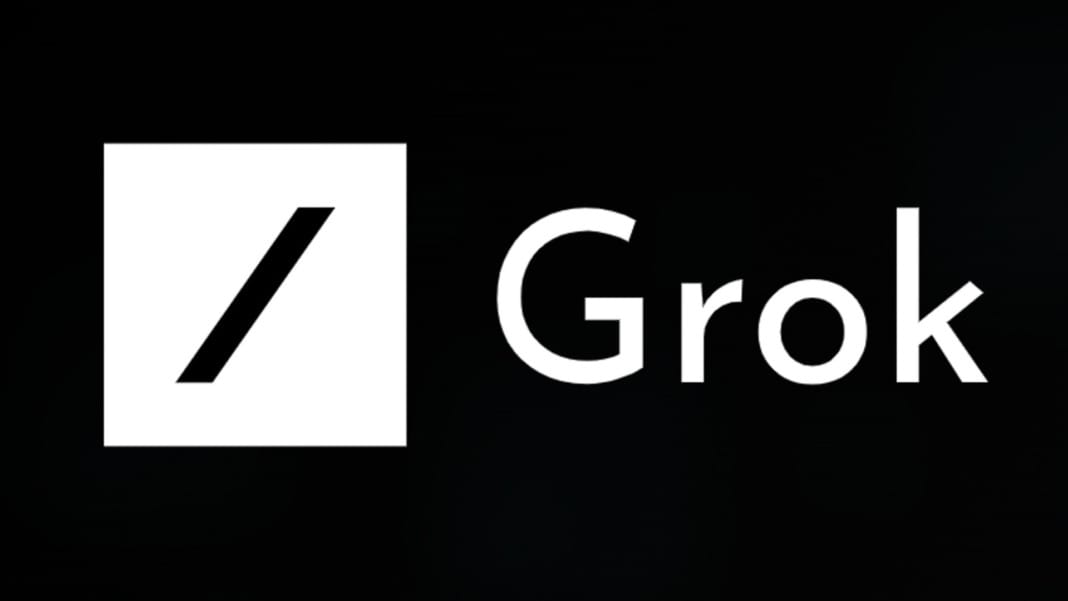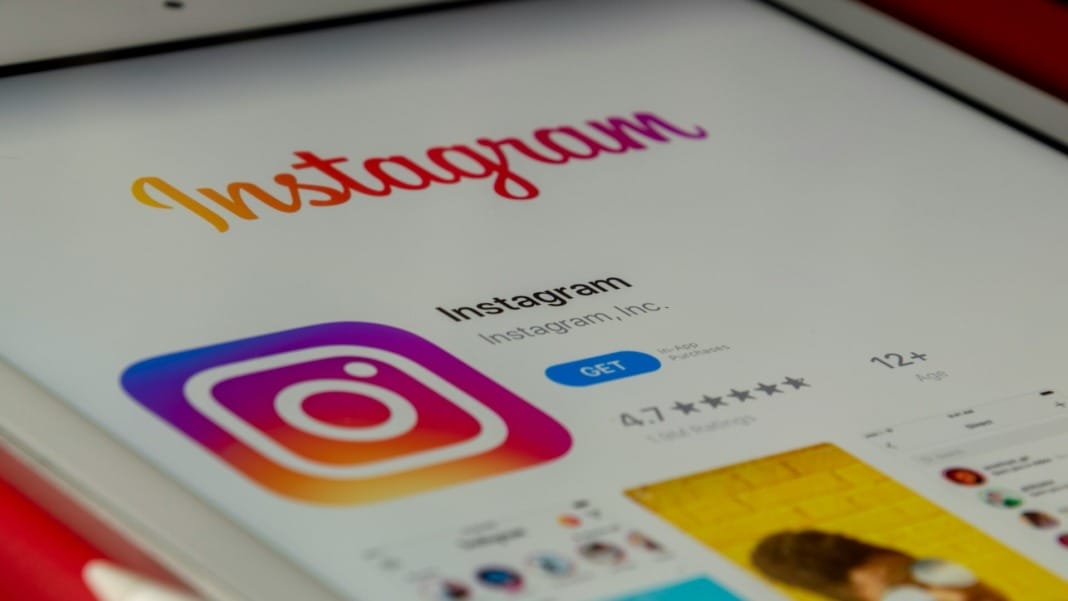Activision, the behemoth behind some of the most popular video games, is embroiled in an urgent investigation into an unfolding drama that seems ripped from a cyber-thriller. The focus is a nefarious hacking scheme aimed squarely at unsuspecting gamers, with the hackers’ sights set on stealing precious login credentials. The plot thickens as details emerge about the malware, cunningly disguised as innocuous software, which infiltrates victims’ computers to swipe gaming logins and crypto wallet details.
A cloak-and-dagger campaign
The crux of the matter lies in the malware’s modus operandi. Victims find themselves ensnared unwittingly, with the malicious software masquerading as legitimate applications. Once installed, it works silently, extracting usernames and passwords efficiently. Initial findings suggest the malware’s broad reach, trapping those who may have dallied with third-party tools or software.
Speaking for Activision, Delaney Simmons acknowledged the swirling rumours of compromised player credentials across the gaming sphere. However, Simmons was quick to assure that Activision’s fortresses remain unbreached, pointing the finger at third-party software as the likely Achilles’ heel. Despite these assurances, the company has distanced itself from any direct involvement in malware removal efforts, underscoring the issue’s complexity.
The plot thickens: Cheat software under fire
The intrigue deepened with revelations from Zebleer, an individual deeply embedded in the gaming underworld of cheat software. In this murky world, the malware campaign first reared its head, explicitly targeting users of the PhantomOverlay cheat for Call of Duty. Zebleer’s detective work uncovered a treasure trove of stolen credentials, a veritable gold mine for cybercriminals.
Armed with this alarming intelligence, Zebleer reached out to Activision Blizzard and fellow cheat providers, ringing alarm bells over the potential scope of the breach. TechCrunch’s verification of a sample from the stolen credentials cache confirmed the worst fears: the data was genuine, painting a target on the backs of gamers dabbling in third-party software.
Shielding yourself from digital pickpockets
Activision offers a lifeline to gamers caught in this digital crossfire. The company advises those fearing compromise to reset their passwords posthaste and to fortify their accounts with two-factor authentication, a digital bulwark against unauthorised access.
This ongoing saga is a stark reminder of the digital perils lurking in the shadows, waiting to pounce on the unwary. Gamers are advised to tread carefully, steering clear of unverified third-party tools that could serve as Trojan horses for malware.
As this digital drama unfolds, one thing is clear: the battle for online security is relentless, with both sides continually upping the ante. Gamers must remain vigilant, safeguarding their digital domains against the ever-present threat of cyber incursion.





